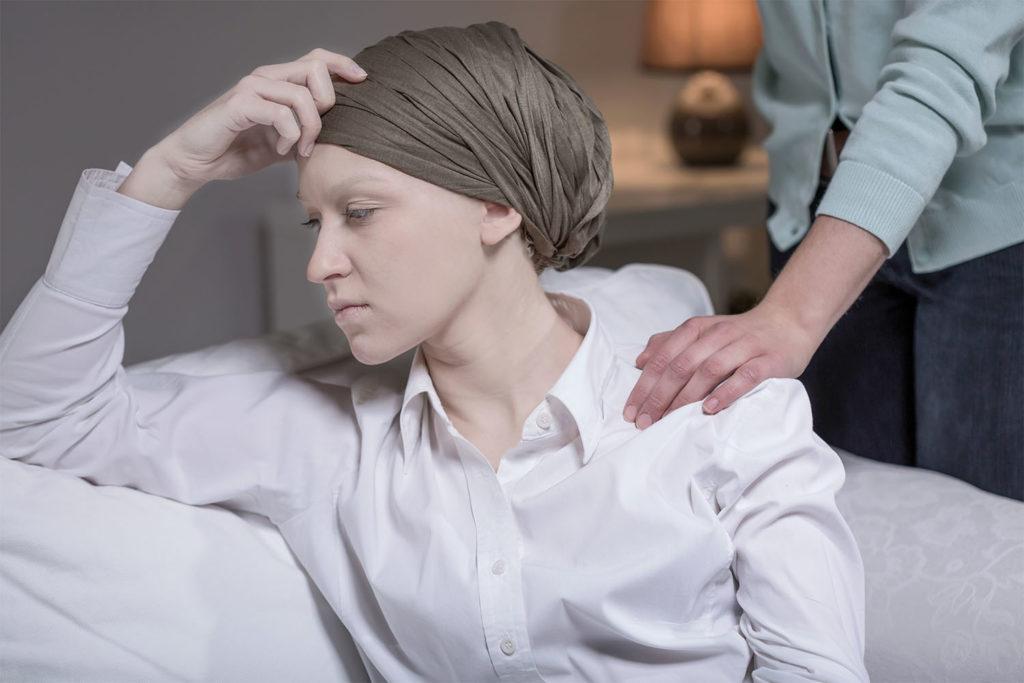Second To Nature Looks Ahead to Mental Health Awareness
For Second To Nature’s April message, we’re sharing mental health issues related to breast cancer ahead of Mental Health Awareness Month. Receiving a breast cancer diagnosis, and undergoing treatment, significantly impacts patients’ mental health. It’s quite common for patients to experience anxiety and depression; usually they’re temporary, but sometimes they become clinical. Treatment side effects can even cause insomnia and mood swings. Sometimes patients on especially difficult cancer journeys develop PTSD.
Anxiety and Depression are Common Mental Health Issues Related to Breast Cancer
The most common mental health issues related to breast cancer are anxiety and depression, two sides of the same coin. Anxiety is when you feel uncomfortable, worried, or fearful about a situation. Those on breast cancer journeys often experience anxiety pre- and post-treatment; they’re anxious about the treatment’s effectiveness and side effects. Post-treatment anxiety also includes fear of recurrence – anxiety about the cancer coming back.
With anxiety usually comes depression. Feelings of helplessness, guilt, and worthlessness are symptomatic of depression. Other symptoms include trouble making decisions focusing, or remembering, as well as extreme tiredness or less energy unassociated with treatment. If a patient’s depression causes thoughts of death or suicide, or attempts of suicide, please contact a crisis hotline ASAP.
Patients Might Also Experience Insomnia, Mood Swings, and Even PTSD
Insomnia, mood swings, and PTSD are also common. Sometimes mood swings and insomnia are simply side effects of breast cancer treatments. Difficulty falling or staying asleep or difficulty waking up are signs of insomnia. Quickly switching between happiness and cheerfulness to sadness, irritability, or anger is symptomatic of mood swings.
Developing PTSD is Another Mental Health Issue Related to a Breast Cancer Diagnosis
PTSD is short for Post-Traumatic Stress Disorder. According to breastcancer.org, a German study found that 82.5 percent of women with an early-stage diagnosis had symptoms of PTSD. Generally, their symptoms begin between the initial finding and starting treatment. PTSD symptoms include nightmares about the cancer experience, feeling emotionally numb, being startled or frightened easily, and self-destructive behavior.
To inquire about custom breast prosthesis and mastectomy education, call Second To Nature in Roanoke, VA, at (540) 366-2711. Get updates on Facebook when you like and follow us. Our team wants to help you find resources to deal with mental health issues related to breast cancer.

